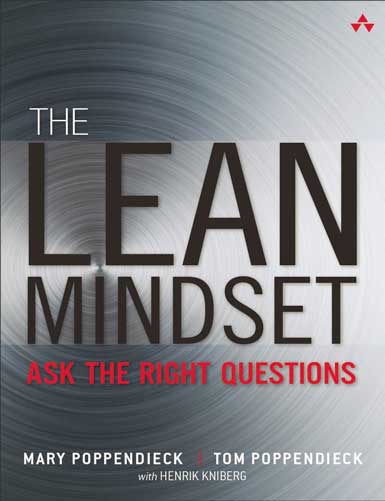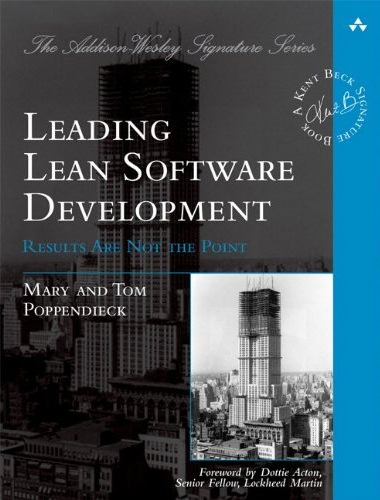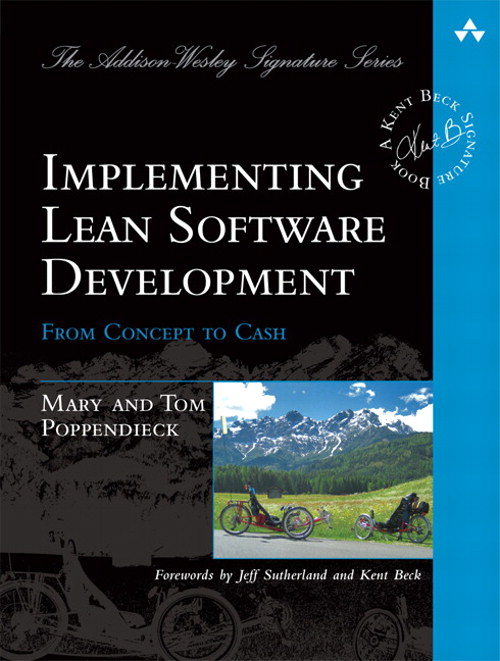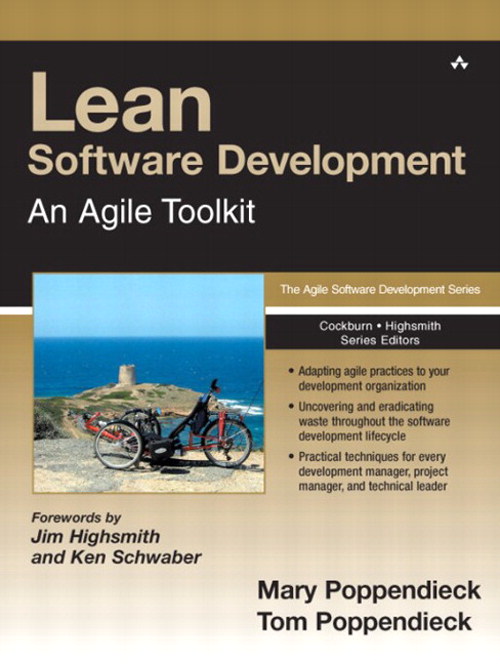Lean Software Development Workshop
The world of software engineering has undergone dramatic change in the past several years - moving from waterfall processes to agile development to continuous delivery. Throughout the transition, lean thinking has provided consistent principles for making decisions about how to engineer software-based solutions creatively, rapidly, and reliably.
Lean thinking starts with customers, looks at how the organization delivers value to those customers, and probes that value stream for inefficiencies and opportunities. The first day of this workshop does exactly that - we look at the real value streams of people attending the workshop. We question whether the workflow is set up to build the right thing, build the thing right, and deliver value to customers as rapidly as possible.
The second day we create a vision of the future: What does genuine efficiency mean and how can you get there? How can you create an environment where mindful workers cooperate to help your organization be successful? What does it take to become a learning organization?
You will Learn:
- How to assess your value stream for inefficiencies
- Why most development processes end up building the wrong thing
- How to keep code bases stable and reliable, especially as they grow large
- Why Continuous Delivery is essential and how to get there
- Why you shoud switch focus from operations to customers, from cost to revenue
- Practices and metrics for focusing cross-functional teams on creating value
- How to create a work environment that attracts the best software engineers
Learn from the Experts:
Learn first-hand from thought-leaders Mary and Tom Poppendieck how to reframe your software development process from the perspective of lean principles. Mary and Tom have pioneered the application of Lean Thinking to software development and documented their principles in books (below).
This two day workshop is offered either privately or through partners who sponsor a public workshop. For additional information on the Leader's Workshop please contact us at info@poppendieck.com.
Agenda
Day 1
Value Stream Walk
- The Efficiency Paradox
- Exercise: A Hunt for Inefficiency
Value Stream Discussion
- Focus:
-- Build the Right Thing
-- The Technical Heart of Agile
-- Queuing Theory at Work
Day 2
The Efficient Organization
- Managing Workflow
- The Deployment Pipeline
- Exercise: Visualize the Future
The Aware Organization
- Situational Awareness
- The Engineering Culture
- Exercise: Meausring Performance
The Learning Organization
- Managing to Learn
- Double Loop Learning
- Exercise: What to do Tomorrow
Books
- Ask the Right Questions
- Results are Not the Point
- Concept to Cash
- An Agile Toolkit

The Lean Mindset:
Ask the Right Questions
What company doesn't want energized workers, delighted customers, genuine efficiency, and breakthrough innovation? The Lean Mindset shows how lean companies really work, and how a lean mindset is the key to creating stunning products and delivering amazing services.

Leading Lean Software Development:
Results are not the Point
Building on their breakthrough bestsellers Lean Software Development: Concept to Cash and Implementing Lean Software Development: An Agile Toolkit, Mary and Tom Poppendieck's latest book shows software leaders and team members exactly how to drive high-value change throughout a software organization – and make it stick.
Implementing Lean Software Development:
From Concept to Cash
This book draws on the Poppendiecks' unparalleled experience helping development organizations optimize the entire software value stream. You'll discover the right questions to ask, the key issues to focus on, and techniques proven to work. The authors present case studies from leading-edge software organizations, and offer practical exercises for jumpstarting your own Lean initiatives.
Lean Software Development
An Agile Toolkit
Lean Software Development shows software professionals how to achieve breakthrough quality, savings, speed, and business value by adapting the seven "lean" principles that have already revolutionized manufacturing and R&D. Drawing on 25+ years' experience leading enterprise projects, the authors show how to use these principles to create agile processes that work - because they're optimized for your environment.

